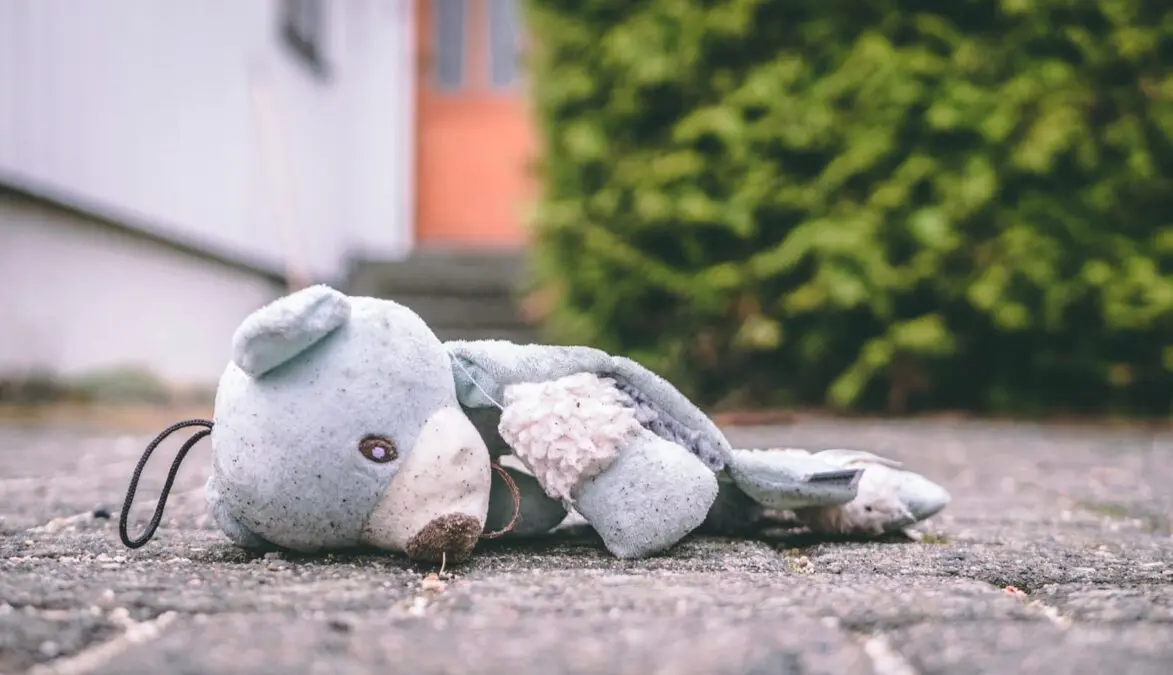Whether it’s a prison, a refugee camp or an orphanage, there is no place in the world where children should be deprived of liberty. If children are kept in closed settings, the negative consequences for their physical health, mental health and cognitive development may be irreversible. This is one of the main messages of the latest WHO/Europe policy brief “Health concerns among children deprived of liberty”.
Unavoidable health hazards
The early childhood period is a crucial phase of development throughout the life course. Deficits in 5 central factors – adequate nutrition, security and safety, responsive caregiving, early learning, and access to health services – have long-lasting, damaging impacts on children’s health and well-being.
“Deprivation of liberty directly leads to these deficits. It is a severe stressor for any child. Facilities of imprisonment, detention or institutionalization can, by reputation and experience, be hazardous places – from insufficient health services to violence or substance abuse,” said Dr Carina Ferreira-Borges, ad interim Head of the WHO European Office for the Prevention and Control of Noncommunicable Diseases (NCD Office), who also leads the WHO Health in Prisons Programme.
“Therefore, children should only be deprived of their liberty as a measure of last resort and for the shortest appropriate time period, in line with the Convention on the Rights of the Child,” Dr Ferreira-Borges added.
According to the new WHO publication, deprivation of liberty in childhood can lead to psychosocial health conditions and impaired cognitive development, substance-use disorders, self-harm and suicidal behaviour, sexually transmitted infections, other infectious diseases, chronic illnesses, and injuries related to violence.
7 million children without liberty
According to United Nations global estimates, today more than 7 million children are being deprived of liberty. The largest group – around 5.4 million – are being held in state institutions such as orphanages or mental health facilities. Another 1.4 million children live in prisons and other facilities connected to the administration of justice. The third-largest group of children – 330 000 – are being deprived of liberty for migration-related reasons.
Detention facilities can amplify health problems that children may already have, such as pre-existing medical conditions or disorders related to traumatic experience from war or conflict. Moreover, the conditions in which children deprived of liberty are raised lead to missed educational and personal experiences, as well as stigma and other problems with reintegration into society later in life.
Free children means safe children: policy recommendations
The WHO European Programme of Work 2020–2025 – “United Action for Better Health in Europe” sets priorities for health policies in the countries of the WHO European Region. It is based on the principle of leaving no one behind in providing quality health care and creating equal opportunities for a healthy life.
In this context, WHO proposes that Member States improve their policies related to all potential forms of deprivation of children’s liberty. The WHO/Europe policy brief presents 5 major recommendations:
- abolish all justice- and migration-related measures depriving children of liberty
- prevent children from entering facilities depriving them of liberty
- ensure health promotion within facilities depriving children of liberty
- conduct appropriate follow-ups with children after deprivation of liberty
- improve the evidence base by supporting high-quality independent research.
“If we want to protect our children and ensure they grow up healthy – in every sense of this word – we should ensure that they are free. If Member States aim to put an end to deprivation of liberty among children, the countries will greatly benefit from public health, social and economical perspectives,” said Dr Filipa Costa, Health Policy Specialist for the Alcohol, Illicit Drugs and Prison Health Programme at the NCD Office.







